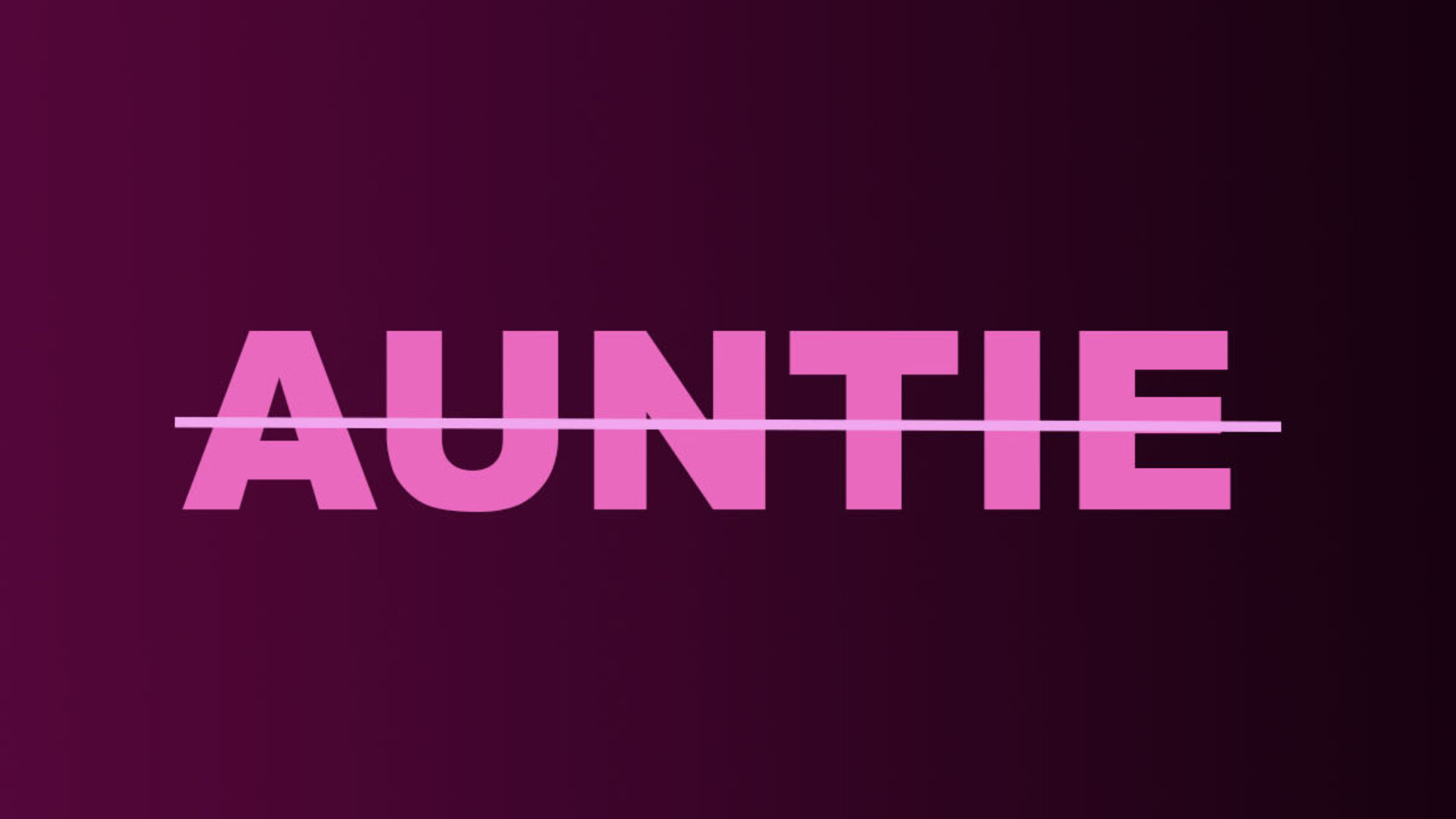
No woman wants to be disrespected—and Black women know when they are being dissed. At its best, “auntie” is reverential, but that doesn’t mean you can always use it for someone who isn’t family.
Nikole Hannah-Jones Jones, creator of the New York Times’ The 1619 Project, is the latest public figure to say she doesn’t want to be referred to in that way. On March 4, she tweeted, “Please don’t call me auntie unless I am actually your auntie.” The comment re-exposed a cultural divide over intent versus action and the role that language plays in the devaluation of Black women.
Now “auntie” doesn’t sting everyone. In response to the Twitter-born question, “Black women: Are YOU offended by someone calling you ‘auntie’ if you not actually they auntie,” user @Rozzaboy wrote, “Im at that age (57) where Auntie is a term of respect and honor. I embrace being both an actual Auntie and a mentor Auntie.” Similar takes can be found in the replies to the question, with @sicily1920 saying, “I’m 47 and it doesn’t bother me at all.” These answers don’t indicate the presence of a right or wrong stance, but rather an individualized preference to be taken in.
As I perceive it, “auntie” is a term of endearment for a Black woman who’s older than you. Aunties are the cool women that I wish the world would take notes from. The ones who are real with themselves and others, providing an frank experience for anyone in their orbit. While I have seen its tip dipped in poison and “okay, Auntie” used as a dismissal, ideally there’s a level of respect behind the kindest version of the title. Again though, how it’s presented by one person doesn’t correlate with what it’s taken as.
Read more of our criticism of language here.
In her breakdown, Jones calls it “overfamiliar” and “patronizing.” Those descriptions, and emotions attached, are valid. People have more than a say in how they want to be addressed in direct conversation—talk to them in a way that they take kindly to, or not at all. If someone feels uncomfortable or put down by the words you use towards them, then it can’t hurt to pumps the breaks and use language that edifies them.
Film director Ava Duvernay also spoke about her dislike of the informal moniker in 2019. “First of all, I have a real issue with recently I’ve been getting called on Twitter ‘Auntie Ava,’” she said during an interview on Van Lathan’s The Red Pill. “Why?! Why?! Am I that old? Because I don’t feel that old.” Additionally Oprah Winfrey and Gayle King expressed disdain for the slang term as well, with Winfrey saying to Oprah Daily, “I cringe being called Auntie or Mama by anybody other than my nieces or godchildren, except if I’m in Africa, where it’s the custom for everybody to refer to anyone older as ‘Sister,’ or ‘Auntie,’ depending on the age difference.”
Racialized gendered ageism can lead to Black women being stereotyped and shut out of opportunities, particularly around employment. “Auntie” when used as a rejection is a callback to the worldview that devalues Black women due to race, gender, and age. While Gen Z is more prone to experience ageism at work, the fact remains that Black women above the age of 50 have lower employment than their white counterparts. For some, “auntie” may also feel like being told they’re a bit removed from what’s hot, echoing constant marketing, media, and work environments that praise youth.
The mammy trope, the slavery era stereotype that painted Black women as sexless, eager to please and overjoyed about their place in a white world, could also heighten some women’s annoyance with “auntie.”
“Auntie” was once used in a derogatory manner by white people. When in domestic roles in the 19th and 20th centuries, Black women were called “auntie” in southern states because they were not seen as worthy to be called “Ms.” or “Mrs.” The same is true for “uncle” and “Mr.” Pancake and syrup brand Aunt Jemima, (re-billed the Pearl Milling Company in 2020), blended the trope and the diminutive title to sell hotcakes for over 130 years. “Auntie” has a history that could be the only lens people can look through when determining how they’d like to be seen.
Whether you embrace the term or reject it, it is personal. People are allowed to have different outlooks and ask that it be respected. All we can do is let our wishes be known and give others the same honor.